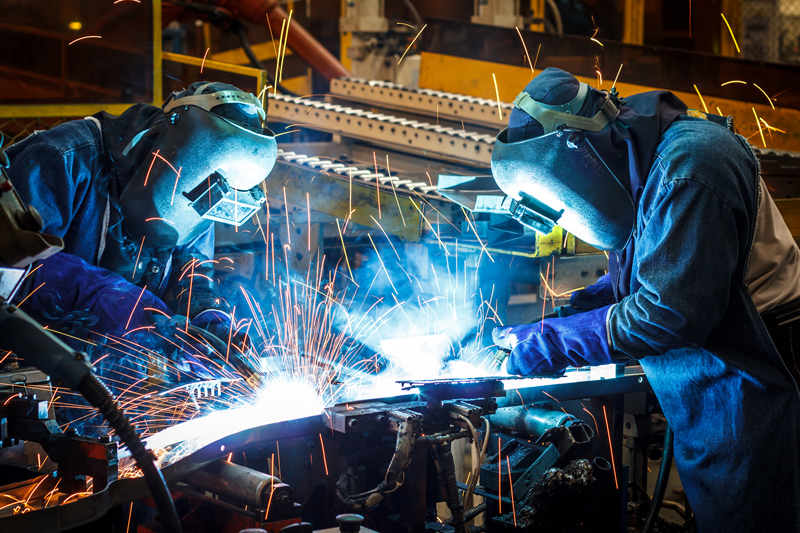China Aims To Build More Than Half The World's Cleaner-fuel Ships By 2025
29
China has outlined an ambitious target to manufacture over half of the world's cleaner-fuel-powered ships by 2025, as revealed in guidelines released by the industry ministry on Thursday. Although the guidelines did not specify the exact number of ships involved, they emphasised China's commitment to constructing more vessels propelled by lower-carbon fuels like methanol and liquefied natural gas. This initiative aligns with Beijing's broader aim to achieve carbon neutrality by 2060.

The document issued by the Chinese Ministry of Industry and Information Technology emphasises the need to implement innovation in ship engines, enhance the efficiency of traditional fuel and liquefied natural gas (LNG) marine engines, and progressively increase the widespread use of LNG in marine engines. Key enterprises have already made strides in reducing pollution and carbon emissions, with comprehensive energy consumption decreasing by 13.5% from 2020 levels, according to the guidelines. The environmental transformation of the shipping industry is slated for completion by 2030.
In 2023, China's shipyards constructed more than 50% of the world's ships. However, the shipbuilding landscape is on the brink of a significant shift, with fleet owners transitioning from oil-powered vessels to those utilising cleaner fuels in pursuit of the International Maritime Organisation's emission-free target by around 2050. With approval from a number of classification societies, backed up by MCERTS emissions and EX zone approvals, Protea’s Marine Emissions analysers meet the legislative requirements.
Beyond the target for manufacturing cleaner-fuel ships, China also intends to expedite research and design efforts for new ship types powered by liquefied ammonia, hydrogen, and carbon dioxide. A unit of China State Shipbuilding Co. has already secured over $1 billion in contracts to construct methanol container ships for A.P. Moller-Maersk A/S, as reported recently.
This goal aligns with Beijing's broader strategy to future-proof its extensive industrial complex by focusing on sectors poised to gain prominence in the global effort to reduce emissions over the coming decades. China already holds a dominant position in the global production of solar panels, batteries, and electric vehicles.
#protea #emissions #monitoring #cems #ftir #gas #analysers #shipping #marine
Other Articles
Carbon Capture Utilisation & Storage (CCUS) In 2026
16
Global Underground CO2 Storage Data Offers Hope Amid Rising Emissions
01
IMO Postpones Adoption Of Global Net-Zero Shipping Framework
04
Pioneering Carbon Capture Projects Ready For Construction
03
Methanol & Ammonia Deemed Ready As Zero-Emission Shipping Fuels
01
Carbon Capture Storage Reaching A Turning Point In Decarbonisation
13
CCS To Capture 15% Of Shipboard Carbon Emissions By 2050
29
Global Shipping Industry Struggles To Navigate Net Zero Transition
21
Carbon Capture Surges as Economics Policy & Industry Demand Align
14
GHG Emissions At Ports On The Rise Despite Initiatives
07
